Đelić: France supports Serbia
French President Nicolas Sarkozy will send a powerful message to Serbia at the end of the French EU presidency, says Deputy PM Božidar Đelić.
Tuesday, 04.11.2008.
15:59

French President Nicolas Sarkozy will send a powerful message to Serbia at the end of the French EU presidency, says Deputy PM Bozidar Djelic. Djelic met in Paris with State Secretary for European Affairs Jean Pierre Jouyet, who “on behalf of France gave strong support to Serbia’s European endeavors and said that President Sarkozy will personally see to it that a powerful signal of support is sent to our country at the end of the French presidency,” said Djelic. Djelic: France supports Serbia “The condition for European integration is known. That is full cooperation with the Hague Tribunal, but not EULEX, although our country is expected to be constructive where that matter is concerned,” said the minister. He said that Jouyet would include on the agenda of a meeting of the French Council of Ministers the issue of visa liberalization with Serbia, calling it “an important political message.” Djelic said that after the meeting between Sarkozy and President Boris Tadic at the conference in Evian last month, he felt a renewed desire on Paris’s part to support Serbia. “Sarkozy said that he would be visiting our country in the first half of next year. As part of this visit, I am meeting in Paris with directors of the biggest French companies,“ the minister explained. He insisted on “Serbia having the opportunity to receive candidate status in 2009,“ when he expected liberalization of the visa regime. On the subject of EU Enlargement Commissioner Olli Rehn’s progress report on Serbia, due out tomorrow, Djelic said that the annual European Commission report, “by the nature of things, always highlights more what should be done, rather than what’s already been done.” The minister added that he had received from Jouyet confirmation that this year’s report offered “sufficient grounds for Serbia to receive EU candidate status next year.“ He said that Serbia and France had “diametrically (opposing) views on the Kosovo question,“ though, at the same time, Paris fully recognized Serbia’s right to ask for the International Court of Justice’s opinion on the matter. Djelic said that there had been no talk of EULEX at today’s meeting with Jouyet as that was “an issue that is being dealt with in New York.” "Closer to creating functional market economy" Serbia is closer to creating a functional market economy, but further efforts are necessary to enable the Serbian economy to become a competitive EU market in the mid-term, the European Commission said in its annual report on European reforms in Serbia. In the report, to be published on Nov. 5, the European Commission says that "the Serbian economy has continued its strong growth," despite both good and bad results in the country's macroeconomic policy. The Commission adds that "foreign investment has been affected because of an unstable political climate." "Structural reforms have slowed down, while high unemployment and growing inflationary pressure are still the biggest challenges," the European Commission says in the report. "Legal predictability and trust in the judicial system are still limited," especially in regard to ownership rights, while the state's influence on competition remains high. The Commission stressed that Serbia had taken legal and diplomatic steps to impede Kosovo's independence and that the U.N. General Assembly had accepted Serbia's motion to put the question of Kosovo's independence to the International Court of Justice in The Hague. "The Serbian authorities have made it clear that they will use only peaceful means and reacted with moderation to the Kosovo Assembly's declaration of independence," the Commission goes on to say in the report, adding that "relations between the EU and Serbia were endangered because of Kosovo's declaration of independence." Bozidar Djelic (FoNet, archive)
Đelić: France supports Serbia
“The condition for European integration is known. That is full cooperation with the Hague Tribunal, but not EULEX, although our country is expected to be constructive where that matter is concerned,” said the minister.He said that Jouyet would include on the agenda of a meeting of the French Council of Ministers the issue of visa liberalization with Serbia, calling it “an important political message.”
Đelić said that after the meeting between Sarkozy and President Boris Tadić at the conference in Evian last month, he felt a renewed desire on Paris’s part to support Serbia.
“Sarkozy said that he would be visiting our country in the first half of next year. As part of this visit, I am meeting in Paris with directors of the biggest French companies,“ the minister explained.
He insisted on “Serbia having the opportunity to receive candidate status in 2009,“ when he expected liberalization of the visa regime.
On the subject of EU Enlargement Commissioner Olli Rehn’s progress report on Serbia, due out tomorrow, Đelić said that the annual European Commission report, “by the nature of things, always highlights more what should be done, rather than what’s already been done.”
The minister added that he had received from Jouyet confirmation that this year’s report offered “sufficient grounds for Serbia to receive EU candidate status next year.“
He said that Serbia and France had “diametrically (opposing) views on the Kosovo question,“ though, at the same time, Paris fully recognized Serbia’s right to ask for the International Court of Justice’s opinion on the matter.
Đelić said that there had been no talk of EULEX at today’s meeting with Jouyet as that was “an issue that is being dealt with in New York.”
"Closer to creating functional market economy"

In the report, to be published on Nov. 5, the European Commission says that "the Serbian economy has continued its strong growth," despite both good and bad results in the country's macroeconomic policy. The Commission adds that "foreign investment has been affected because of an unstable political climate."
"Structural reforms have slowed down, while high unemployment and growing inflationary pressure are still the biggest challenges," the European Commission says in the report.
"Legal predictability and trust in the judicial system are still limited," especially in regard to ownership rights, while the state's influence on competition remains high.
The Commission stressed that Serbia had taken legal and diplomatic steps to impede Kosovo's independence and that the U.N. General Assembly had accepted Serbia's motion to put the question of Kosovo's independence to the International Court of Justice in The Hague.
"The Serbian authorities have made it clear that they will use only peaceful means and reacted with moderation to the Kosovo Assembly's declaration of independence," the Commission goes on to say in the report, adding that "relations between the EU and Serbia were endangered because of Kosovo's declaration of independence."











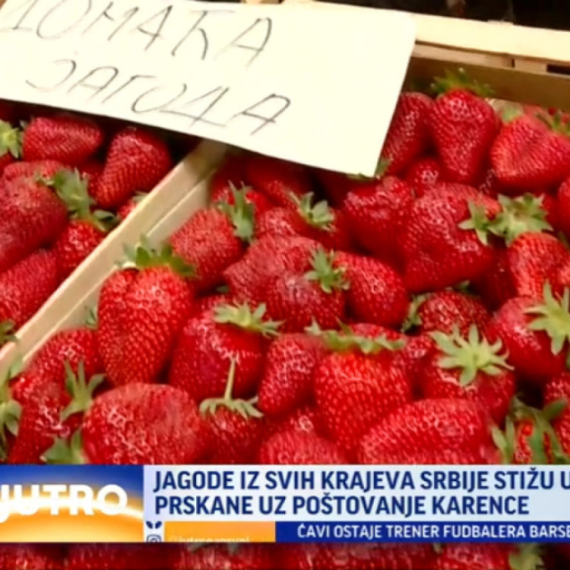




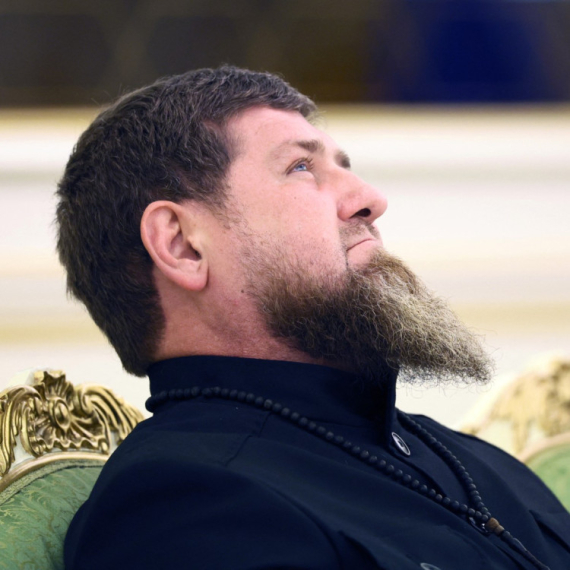

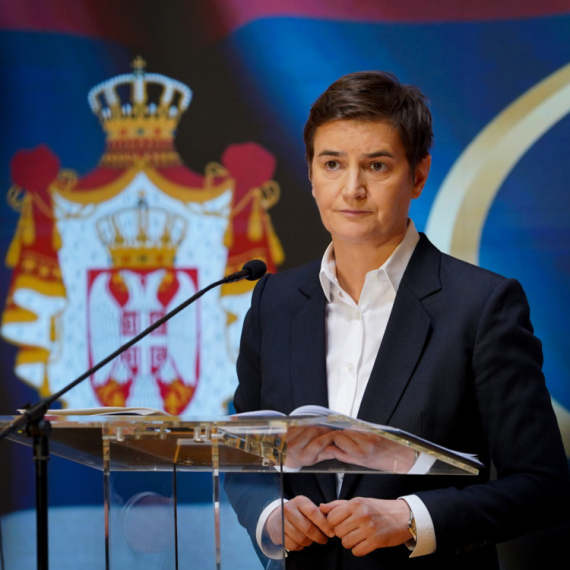


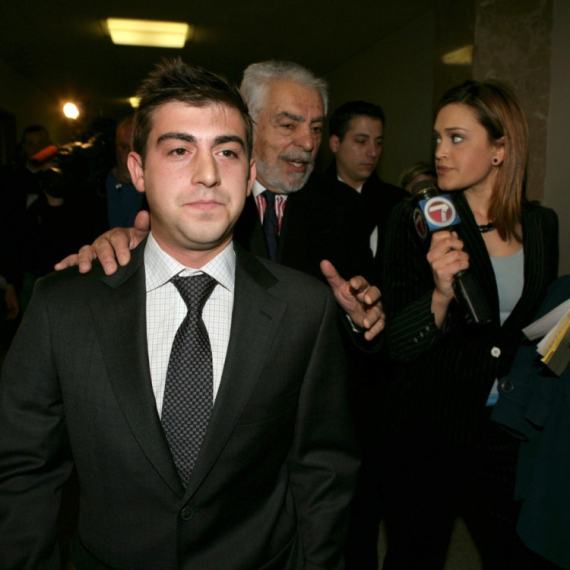















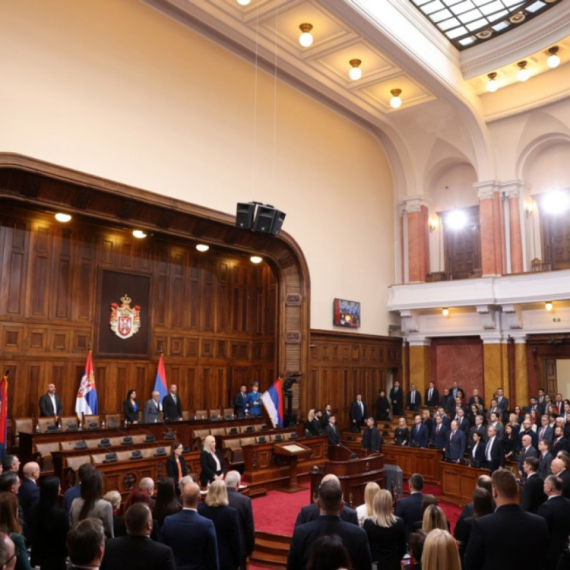
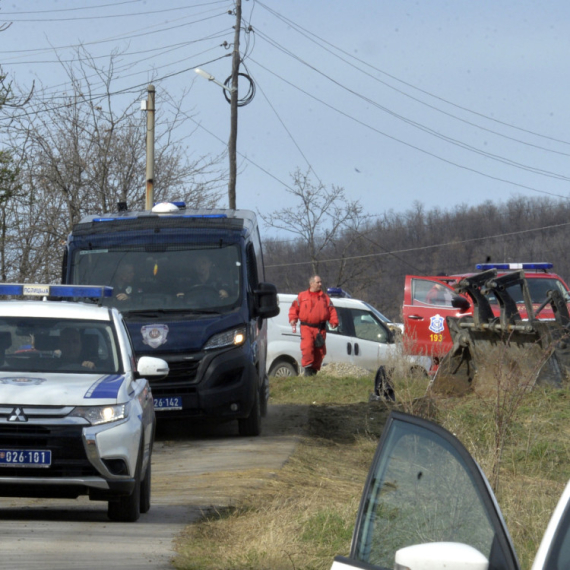







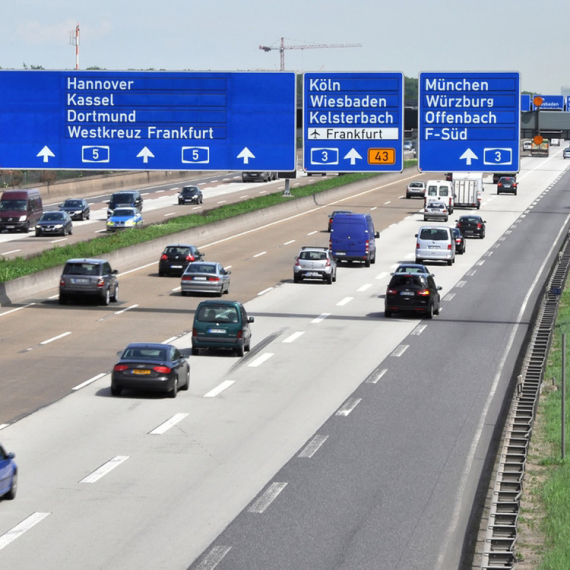
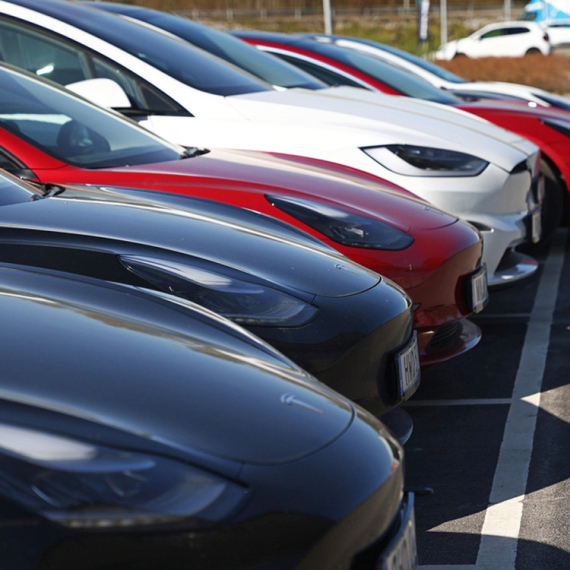






Komentari 2
Pogledaj komentare